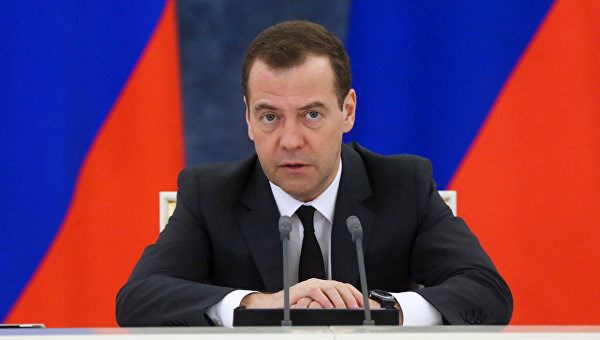Russian Prime Minister Medvedev bans purchase of foreign furniture for state use
Russian Prime Minister Dmitry Medvedev has signed a decree prohibiting the purchase of imported furniture for state institutions for two years, as of December 1.
The decree was published on the Russian government’s website.
Manufacturers in the Eurasian Economic Union (EAEU) will be an exception.
“The decisions were made in order to utilize the production capacity of domestic furniture and woodwork industry enterprises, in order to improve the competitiveness of Russian production,” the document states.
The ban includes all kinds of furniture.
The document lists several exceptions in addition to contracts with Belarus, Kazakhstan, Armenia and Kyrgyzstan. The first exception is if the goods are produced according to an existing contract between Russia and investors. Another exception is if the goods meet the demands for industrial products, in the absence of a special investment contract.
Furthermore, the report specifies that Russian materials or products from EAEU states must be used to produce domestic furniture.
At the end of August, Kommersant newspaper wrote that the Russian Ministry of Finance had announced a revision of its preferences for state goods purchases from EAEU states. Countries in the union must offer a 15% price advantage to participants in state purchases who are offering goods from EAEU.
By order of the Russian Ministry of Economy, price privileges were given to participants in state purchases offering deliveries from the list of goods of Russian, Armenian, Belarusian, Kazakh and Kyrgyz origin.
Earlier, the Ministry of Trade and Industry banned state purchases of foreign furniture. Trade and Industry Minister Denis Manturov said that this will support Russian manufacturers, who are currently only 40-50% utilized. “In this way they are prepared to offset the cost of all the volume which falls away as a result of the ban, estimated at roughly 30-40 billion rubles per annum,” he said.
Relations between Russia and the West have deteriorated since 2014 on account of the situation in Eastern Ukraine and the violent annexation of Crimea. At the end of July that year, the EU and US transitioned from targeted sanctions against individual physical entities and companies to measures against a number of sectors of the Russian economy. The sanctions have been extended multiple times. In August that year Russian President Vladimir Putin signed a decree to adopt special economic sanctions banning the import of agricultural products, materials and food from countries which had introduced sanctions against Russia.
